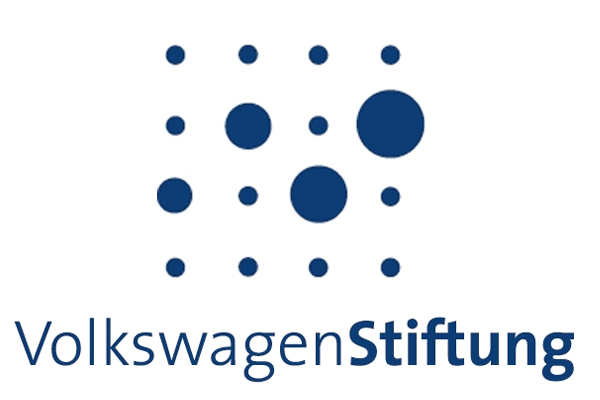Algorithmic Fairness for Asylum-Seekers and Refugees (AFAR)
This project aims to investigate the understandings and institutionalisation of ‘fairness’ in migration and asylum governance (MAG) in Europe, focusing on the actual and emerging role of newtech. ‘Newtech’ here refers to the automation or part- automation of decisions normally taken by humans, using simple closed-rule algorithms, as well as more complex machine learning and artificial intelligence systems, and related uses of digital identity mechanisms. The project focuses on three areas where newtech is currently being applied or piloted in Europe: Access to asylum; Allocation of responsibility for asylum-seekers and refugees; and Refugee decision-making procedures

Algorithmic Fairness for Asylum-Seekers and Refugees is a four-year project (2021-2025) funded through a 1,5 million Euro grant from Volkswagen Stiftung under their European Challenges scheme. The project is a partnership between Hertie School of Governance, University of Oxford, European University Institute, University of Zagreb and the University of Copenhagen.
The project team addresses two of the EU's challenges: reforming migration and asylum governance (MAG) in order to avoid another 'refugee/migration crisis', and regulating 'newtech' for fairness. 'Newtech' refers to the automation or part-automation of decisions normally made by humans, using simple closed-rule algorithms, as well as more complex machine learning and artificial intelligence systems, and related uses of digital identity mechanisms. The project builds on the collaborators' deep expertise on European MAG, drawing on legal scholarship, refugee studies and political science. The project aims to make a contribution to the understanding and institutionalisation of 'fairness'. The team conceptualises fairness three-dimensionally, encompassing: individual fairness for MAG subjects; distributive fairness across places of protection; and perceptions of fairness amongst MAG subjects. The project will answer the following research questions: 1. What are the current and emerging uses of newtech in European MAG? 2. How do European legal standards and practices foster fairness in newtech in MAG? If not, how ought these legal standards be reformed to ensure fairness? Do emergent uses of new-tech in MAG enhance or undermine fairness? 3. How does the use of newtech in MAG affect perceptions and experiences of fairness among European populations and data subjects (asylum seekers and refugees)? 4. In light of the above, how can and should newtech be employed in MAG in order to maximise fairness across its different dimensions? The team has identified newtech usages across MAG's key domains governing access to protection, responsibility-sharing for asylum processing and hosting refugees, and decision-making on asylum claims. Thus far, these practices have not been studied systematically.
The project is led by an interdisciplinary group of five PI’s from across Europe and administered from the Hertie Centre for Fundamental Rights: Professor Cathryn Costello (Hertie School of Governance), Professor Thomas Gammeltoft-Hansen (University of Copenhagen), Professor Iris Goldner Lang (University of Zagreb), Dr Derya Ozkul (University of Oxford), Professor Martin Ruhs (European University Institute).
Researchers
University of Copenhagen
| Name | Title | Image |
|---|---|---|
| Byrne, William Hamilton | Postdoc | |
| Gammeltoft-Hansen, Thomas | Professor with special responsibilities (PI, NordASIL; PI, DATA4ALL) |
Funding

Algorithmic Fairness for Asylum-Seekers and Refugees is a four-year project (2021-2025) funded through a 1,5 million Euro grant from Volkswagen Stiftung under their European Challenges scheme.
Contact
 PI Professor
PI Professor
Thomas Gammeltoft-Hansen
South Campus,
Building: 6B.4.40
DK-2300 Copenhagen S
Phone: +45 50 20 34 00
E-mail: tgh@jur.ku.dk
